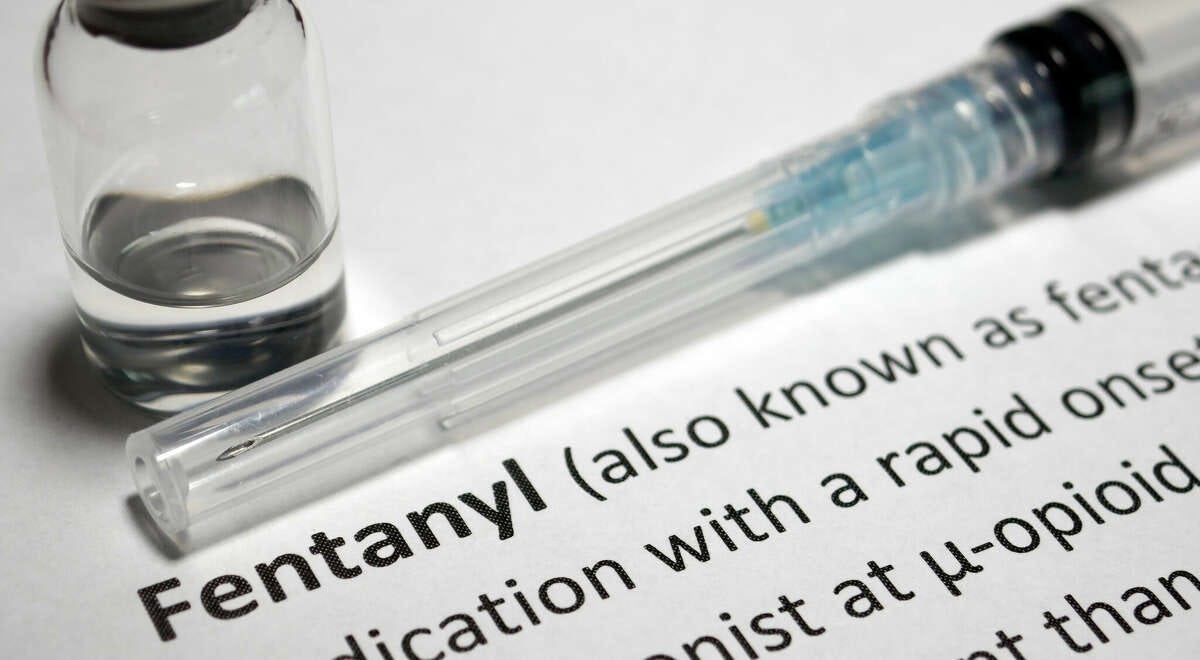Fentanyl Vaccine Potential ‘Game Changer’ Created at University of Houston
The University of Houston has developed a vaccine targeting the synthetic opioid fentanyl, which represents a significant advancement in combating the opioid epidemic. The vaccine aims to block fentanyl from entering the brain, thereby preventing the "high" associated with its use. This mechanism could serve as both a treatment for addiction and a preventive measure against overdose.
Fentanyl is a synthetic opioid that is up to 50 times stronger than heroin and 100 times stronger than morphine. Like other opioids, fentanyl use can lead to dependency and addiction. Most illicit fentanyl is made in labs outside the country and smuggled across the US-Mexico border.
Drug dealers may mix fentanyl with other drugs such as heroin, cocaine, meth, and MDMA to increase the drugs’ effects — sometimes without the user’s knowledge. Effectively causing drug dependency.
Due to the Biden regimes open border policies, the Fentanyl crisis has increased and the death toll from overdoses is in the hundreds of thousands. The fentanyl crisis has been facilitated through China recreating a modern-day version of the opium wars on America. One may view the fentanyl crisis as part of China’s one-hundred-year war.
The vaccine which was created at University of Houston, works by generating anti-fentanyl antibodies. These antibodies bind to fentanyl when it's consumed, preventing it from crossing the blood-brain barrier. Instead, the drug is expelled from the body through the kidneys, allowing individuals to avoid the euphoric effects and potentially aiding in sobriety.
Research has shown promising results in preclinical trials, indicating that the vaccine could be effective in both preventing addiction and treating overdose situations. The involvement of an adjuvant, crucial for the vaccine's efficacy, was developed in collaboration with Tulane University.
If successfully implemented, this vaccine could be a "game changer" for managing opioid addiction, particularly fentanyl, which is much more potent than other opioids like heroin or morphine. It's seen as a potential relapse prevention agent, helping individuals maintain sobriety by removing the reinforcing effects of fentanyl use.
While the vaccine targets fentanyl specifically, it does not address addiction to other opioids. There's also the need for boosters.
As of mid-2024, the vaccine is reportedly moving towards human clinical trials, which is a critical next step in confirming its safety and efficacy in humans before it can be widely used.

